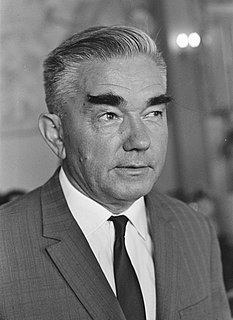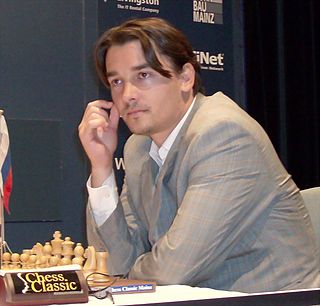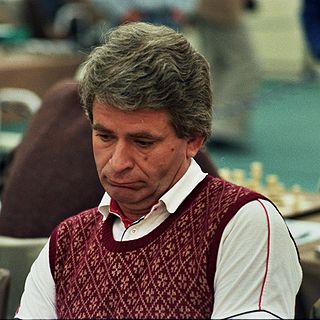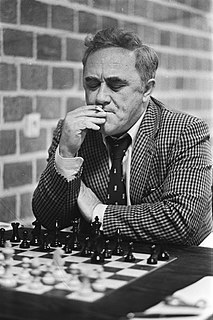A Quote by Alexander Kotov
My achievements in the field of chess are the result of immense hard work in studying theory.
Related Quotes
You need an immense amount of luck and an immense amount of perseverance to even be on the playing field for success on a grand scale. You work as hard as you can for ten years so you finally have a chance to be lucky - It's really rare that somebody gets lucky. It's usually a combination of a lot of talent, a lot of hard work. People that get lucky also tend to be really great looking.
Like Dvoretsky, I think that (all other things being equal), the analytical method of studying chess must give you a colossal advantage over the chess pragmatist, and that there can be no certainty in chess without analysis. I personally acquired these views from my sessions with Mikhail Botvinnik, and they laid the foundations of my chess-playing life.
Well, I kind of split my life into two pieces. One was where my chess career lies. There, I kept my sanity, so to speak, and my logic. And the other was my religious life. I tried to apply what I learned in the church to my chess career too. But I still was studying chess. I wasn't just "trusting in God" to give me the moves.
Foreign policy is now a huge field. It isn't just people who are studying political science. There are so many aspects to it in terms of understanding hard science for people who are studying climate change, or people who are interested in health policy or food security, or people who care about education.
We can summarize electricity, magnetism and gravity into equations one inch long, and that's the power of field theory. And so I said to myself: I will create a field theory of strings. And when I did it one day, it was incredible, realizing that on a sheet of paper I can write down an equation which summarized almost all physical knowledge.


































